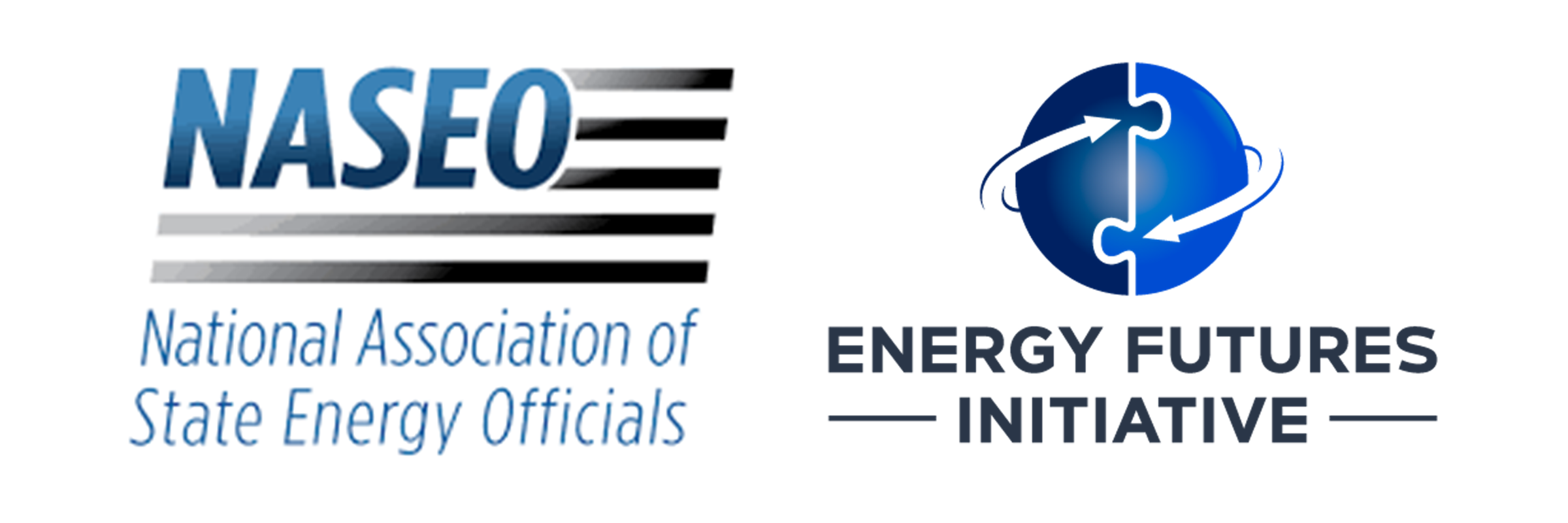Energy Sector Adds Over 130,000 Jobs in 2017
Efficiency Leads in Job Creation,
Accounting for Nearly Half of New Positions
WASHINGTON, D.C. (May 16, 2018) — The nation’s energy sector employed 6.5 million Americans in 2017, up 133,000 jobs from the year prior, according to a comprehensive report released today from the Energy Futures Initiative (EFI) and the National Association of State Energy Officials (NASEO). This two percent growth rate exceeded the national average of 1.7 percent. Jobs in the energy sectors accounted for nearly 7 percent of all new jobs nationwide in 2017.
The 2018 U.S. Energy & Employment Report (USEER) is the third installment of the energy jobs survey established by the U.S. Department of Energy in 2016. This year, the report has been produced by former Energy Secretary Ernest Moniz’s nonprofit think tank the Energy Futures Initiative, in partnership with NASEO. Both organizations secured private funding to continue the report this year. The USEER was previously issued by the Department of Energy.
Other key takeaways from the report include:
● Energy Efficiency employers created the most new jobs of the four sectors, adding a net 67,000 new jobs.
● Natural gas electric generation jobs continued to grow, adding over 19,000 new jobs, as natural gas continued its climb as the number one fuel for electricity generation in the U.S.
● Solar energy firms employed, in whole or in part, 350,000 individuals in 2017. That represents a reduction of 24,000 jobs in solar in 2017 -- the first net job loss since solar jobs were first collated in 2010.
● Of the 7.1 million construction jobs in the U.S., over 2 million, or about 29%, are directly supported by traditional energy or energy efficiency firms.
● 70% of all surveyed employers reported difficulty hiring qualified workers over the last 12 months; 26% noted it was very difficult.
● Energy job growth rates slowed in 2017 to 2%, but still exceeded national average of 1.7%.
● In 2018, firms participating in the survey anticipate 6.1 percent expansion in employment, excluding the motor vehicle sector.
The report will be presented by former Energy Secretary Ernest J. Moniz at the Senate Visitors Center, Room 212-10 at 10 a.m. Eastern time. Secretary Moniz, the President and CEO of EFI, will be joined by David Terry, Executive Director of NASEO and David Foster, the author of the report. The event will be livestreamed both here at usenergyjobs.org on the NASEO website (www.naseo.org). Secretary Moniz will be available for questions following the presentation.
The USEER, and its appendix offering statistical breakdowns for all 50 states, is available for download at www.USEnergyjobs.org from 10 a.m. Eastern time today.
Energy Employment Trends, 2015-2018
In 2017: the most surprising statistic was the decline in jobs in alternative fuels’ vehicles, to 220,000 from 259,000 a year earlier. This decline coincided with a significant increase in the sales of plug-in and electric vehicles which increased by over 25% in 2017 in the U.S. However, American manufactured plug-in and hybrid vehicles declined while all electrics and foreign manufactured plug-in sales increased, thereby reducing U.S. jobs.
Over the last three years: the most surprising finding has been the sustained growth of Energy Efficiency jobs. Since no one had studied this industry before with a direct survey, it provided the first-ever look at what’s going on with how businesses are trying to embrace these new technologies. They have certifiably flattened electricity demand, driven greenhouse gas (GHG) reductions, made American manufacturers more competitive and created millions of jobs. In 2017 EE manufacturers added over 26,000 jobs.
Background on the USEER
The USEER was first published in 2016 by the U.S. Department of Energy. The 2018 report and the 50-state appendix will be available for download on www.USEnergyjobs.org as well as the EFI and NASEO websites at www.energyfuturesinitiative.org and www.naseo.org.
The 2018 USEER analyzes the following four sectors of the U.S. economy:
● Electric Power Generation and Fuels
● Transmission, Distribution and Storage
● Energy Efficiency
● Motor Vehicles
The survey determines:
○ Employment counts
○ Employer hiring expectations for the next 12 months
○ Hiring difficulty by technology and industrial classification
○ High demand jobs and skills gaps
○ Workforce demographics by race, ethnicity, gender, and veteran’s status
○ Geographic location by state, county, congressional and legislative districts, and MSA of each technology and industrial classifications
The research for this report includes a randomized survey of more than 380,000 U.S. businesses engaged in a variety of business activities across the U.S., yielding a result of approximately 23,000 responses. This effort, which included over 400,000 outbound calls and 50,000 emails to businesses, provides data which can be analyzed together with existing information from the Bureau of Labor Statistics, the Census Bureau, and other sources. The margin of error for the national employment data is +/- 0.87% at a 95% confidence interval.
About the Energy Futures Initiative (EFI)
The Energy Futures Initiative was established in 2017 by former Energy Secretary Ernest J. Moniz to provide policymakers, industry executives, NGOs, and other leaders options on how to advance a cleaner, more affordable, and secure energy future.
www.energyfuturesinitiative.org
About the National Association of State Energy Officials (NASEO)
NASEO is the only national non-profit organization of governor-designated energy officials from each of the 50 states, the District of Columbia, and five territories. Formed by the states in 1986, NASEO facilitates peer learning among state energy officials, serves as a resource for and about state energy policies and programs, and advocates the interests of the states to Congress and federal agencies.
Contacts
Sandy Fazeli
Managing Director
National Association of State Energy Officials
sfazeli@naseo.org
703-299-8800 x 117
David Ellis
Director, Communications and Policy Strategy
Energy Futures Initiative
Ddellis@energyfuturesinitiative.org
202-688-0042
